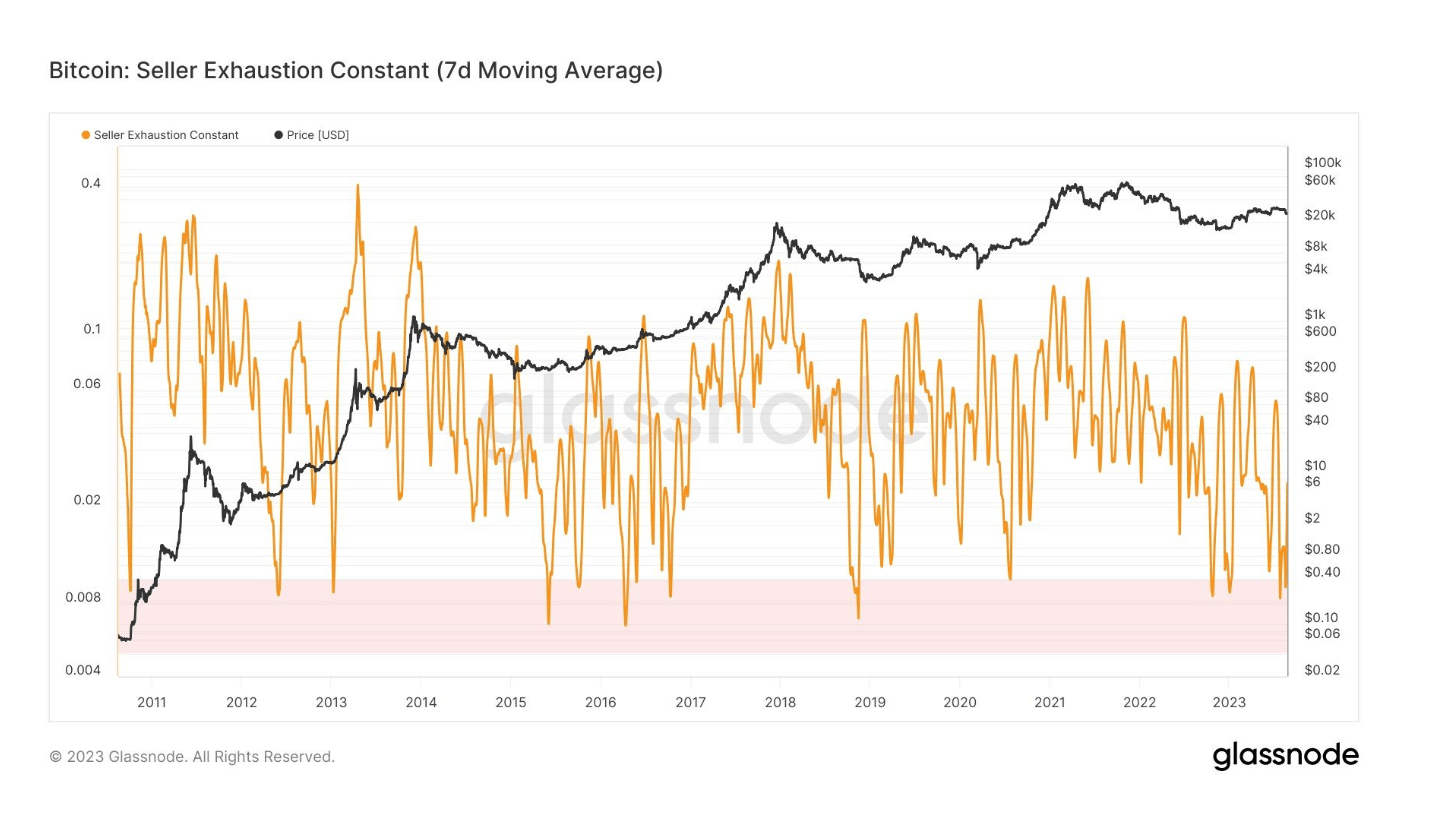Crypto exchange HTX to resume services a day after suffering $13.6M hack
Cryptocurrency exchange HTX, previously known as Huobi Global, announced that it will fully compensate users for the losses incurred in a $13.6 million hack on Nov. 22 and intends to restore withdrawal and deposit services within 24 hours, according to a press release.
The announcement follows a significant security breach on Nov. 22 that led to the loss of funds from its hot wallets, causing the exchange to suspend deposits and withdrawals.
According to HTX’s official statement, the funds lost during this incident constitute only a minor fraction of the platform’s total capital. This assurance is part of the exchange’s commitment to guaranteeing 100% safety of user funds.
HTX also confirmed that its normal operations remain unaffected.
String of hacks
This hacking incident is part of a larger orchestrated attack against the HTX Eco (HECO) Chain bridge, which also involved Tron (TRX) and BitTorrent (BTT). Notably, all these entities have links to or are under the de-facto control of Chinese blockchain entrepreneur Justin Sun.
HTX has assured users that it remains committed to its primary responsibility to protect user assets and information. The platform said it plans to implement all necessary measures to prevent such security breaches in the future.
The latest incident marks the fourth hack in the past two months targeting HTX and entities associated with Justin Sun. The most significant was the $100 million Poloniex exploit on Nov. 10, reportedly due to a private key compromise.
Justin Sun has commented on the situation, stating that investigations are ongoing into the specific reasons behind the hacker attack. He assured that service resumption would follow the completion of these investigations.
Meanwhile, a $10 million white hat bounty remains open for the return of the stolen funds in the Poloniex exploit.
As the crypto world reels from these security breaches, HTX’s pledge to fully compensate affected users reflects a growing trend among exchanges to prioritize user trust and security in the face of increasing digital threats.



